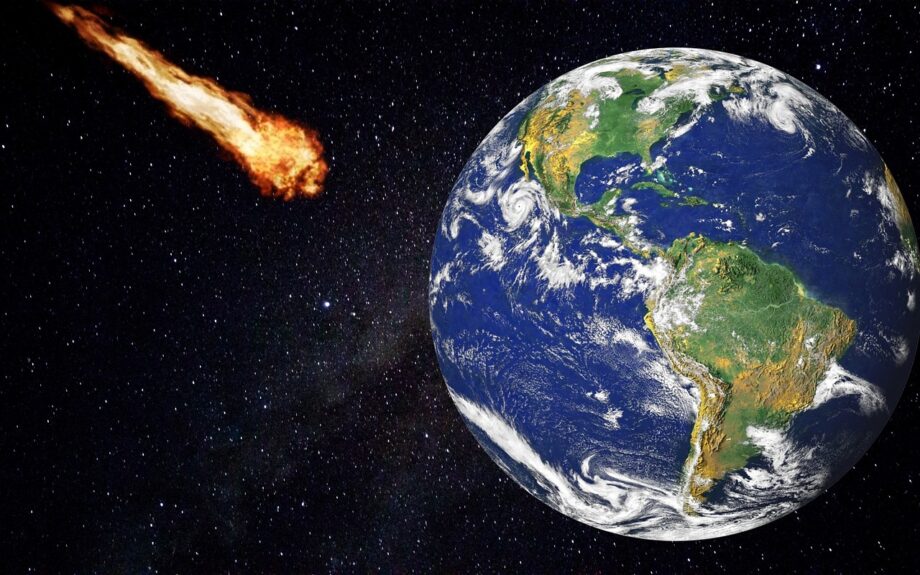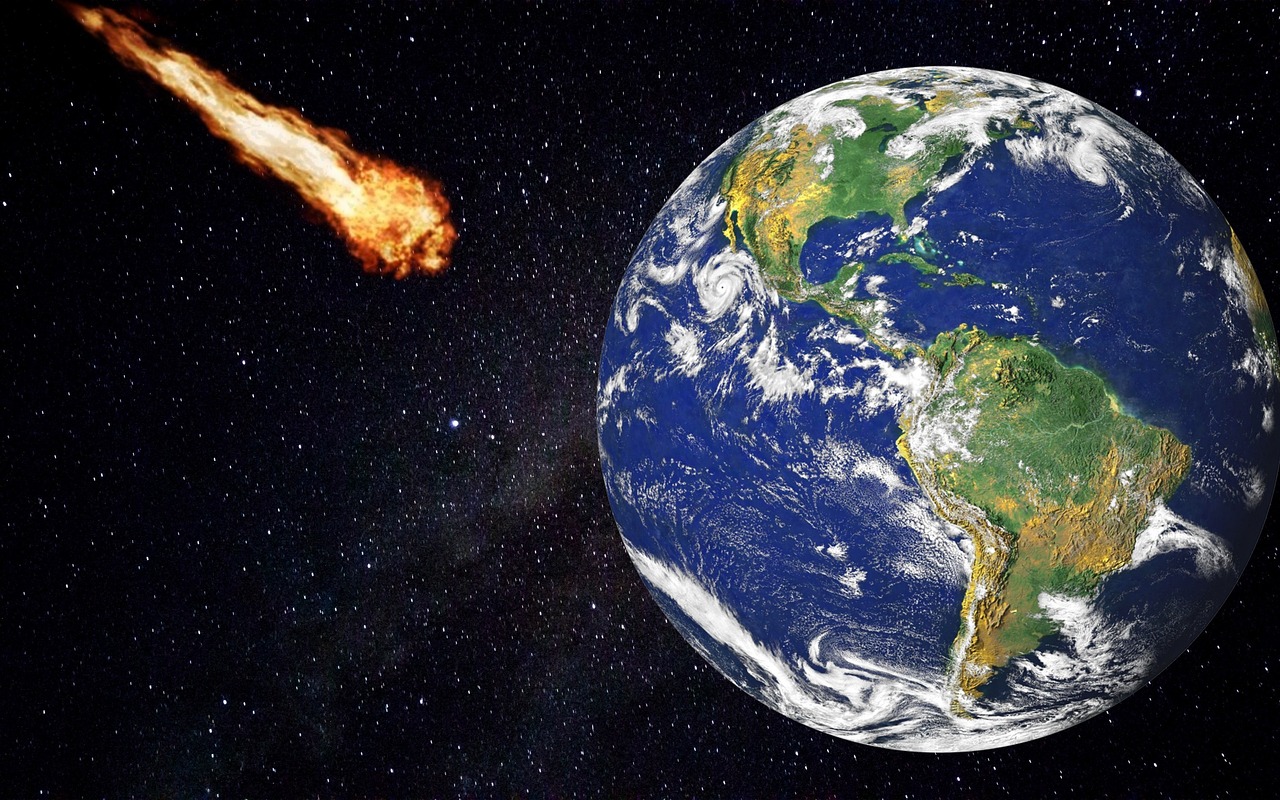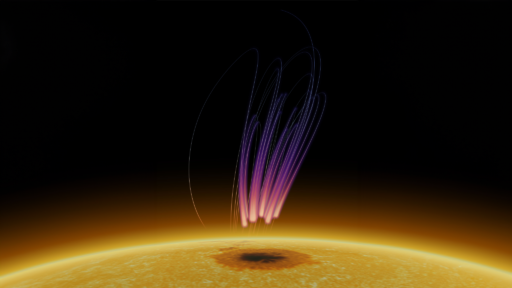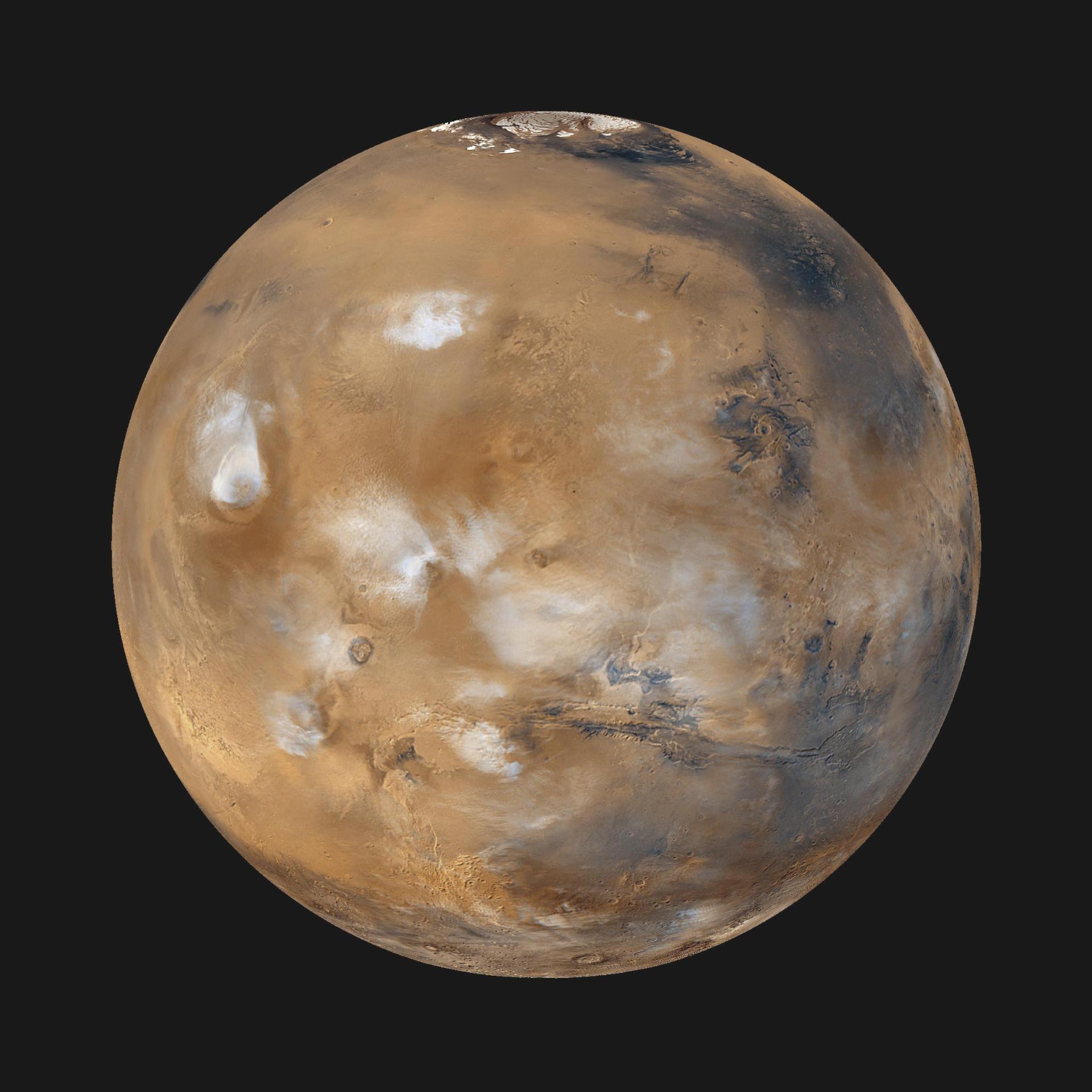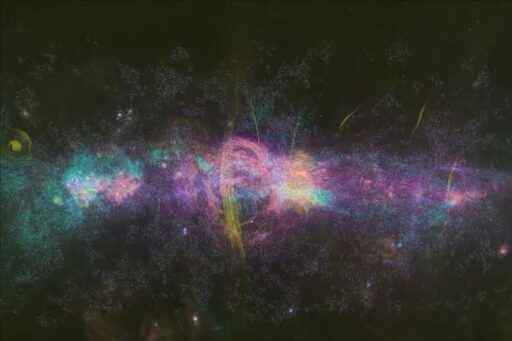Astronomers have issued an update on the infamous asteroid God of Choas, and how likely it is to hit our planet when it passes by.
The 1,000-foot wide asteroid, Apophis, is scheduled to whizz past Earth in 2029 and 2068, scientists from the University of Hawaii’s Institute for Astronomy say.
They suggest there is a 1 in 150,000 chance Apophis will hit Earth in 2068.
Scientists have been tracking the asteroid and found it has sped up due to the Yakovsky effect, an orbital process. This is when asteroids absorb sunlight as they travel through space.
READ NEXT: New discovery could hold clues to the ‘mysteries of our solar system’
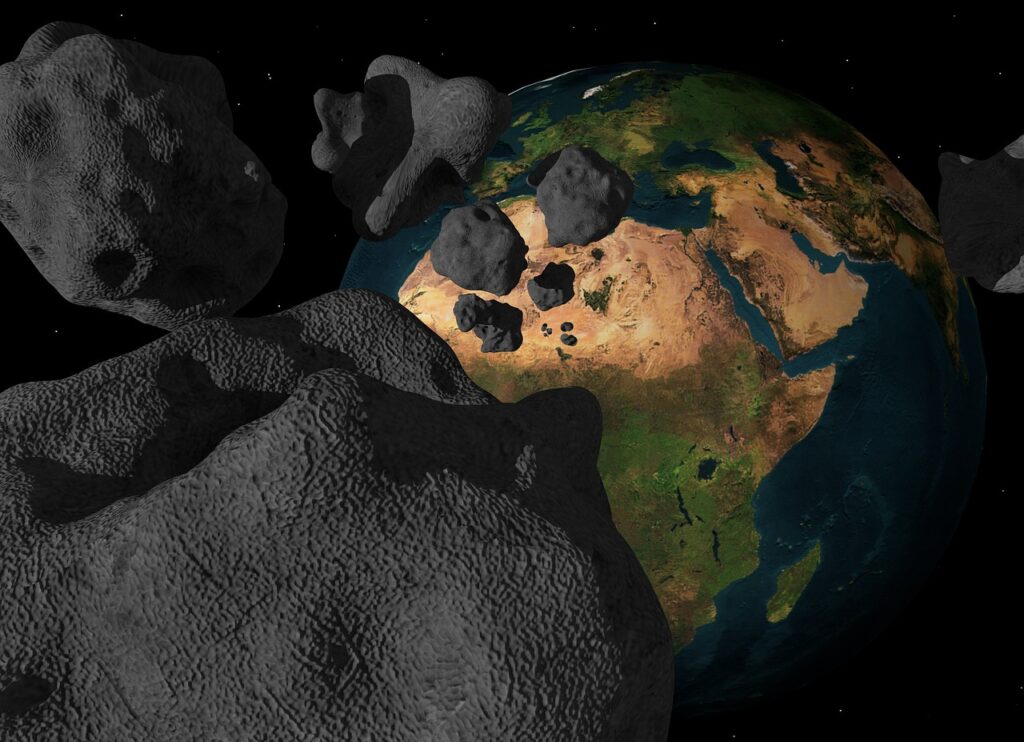
Asteroids emit solar energy as heat to maintain thermal equilibrium, generating a force to speed up and change their orbit.
Even though the likelihood is small, they say it can’t be ruled out.
Dr David Tholen, astronomer at the university, said: “The new observations we obtained with the Subaru telescope earlier this year were good enough to reveal the Yarkovsky acceleration of Apophis.
“They show that the asteroid is drifting away from a purely gravitational orbit by about 170 meters per year, which is enough to keep the 2068 impact scenario in play. Small, but non-zero.”
READ NEXT: Glowing cosmic cloud appears as giant exoplanets collide sparking 500-day eclipse
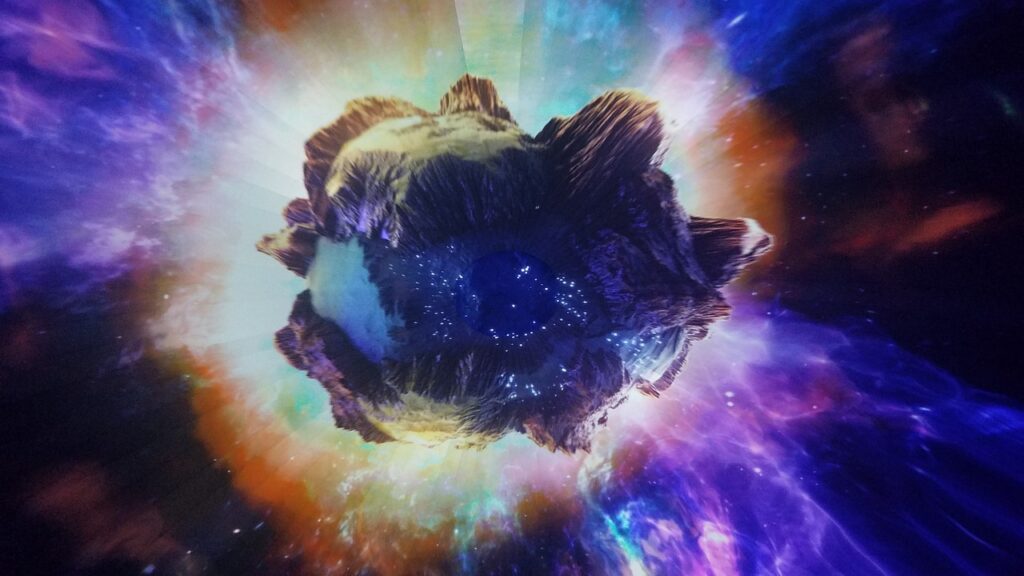
He clarified, even if the asteroid didn’t speed up: “Apophis is still a threatening object, just not in 2068.”
The God of Chaos asteroid has a 1 in 150,000 chance of hitting Earth on April 12, 2068, the Palermo Technical Impact Hazard Scale has suggested.
Apophis was first discovered in 2004, and research shows it’s set to pass by our planet in just five years – in 2029.
It’ll come very close to Earth on April 13, 2029, and pass between a network of communication satellites. It should be visible to the naked eye when it does pass by.
READ NEXT: Saturn’s ocean moon Titan may not be the answer we’ve been looking for
